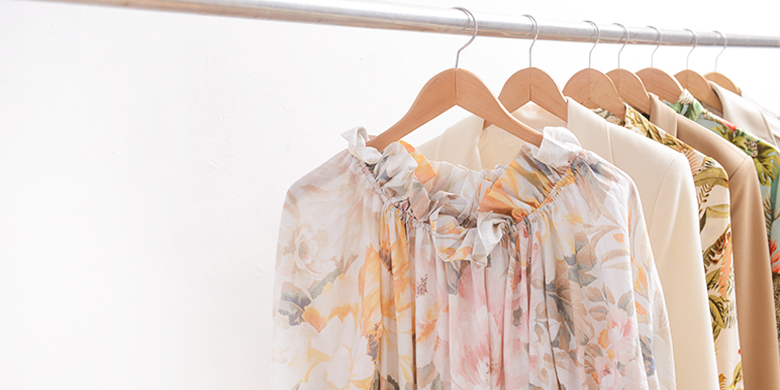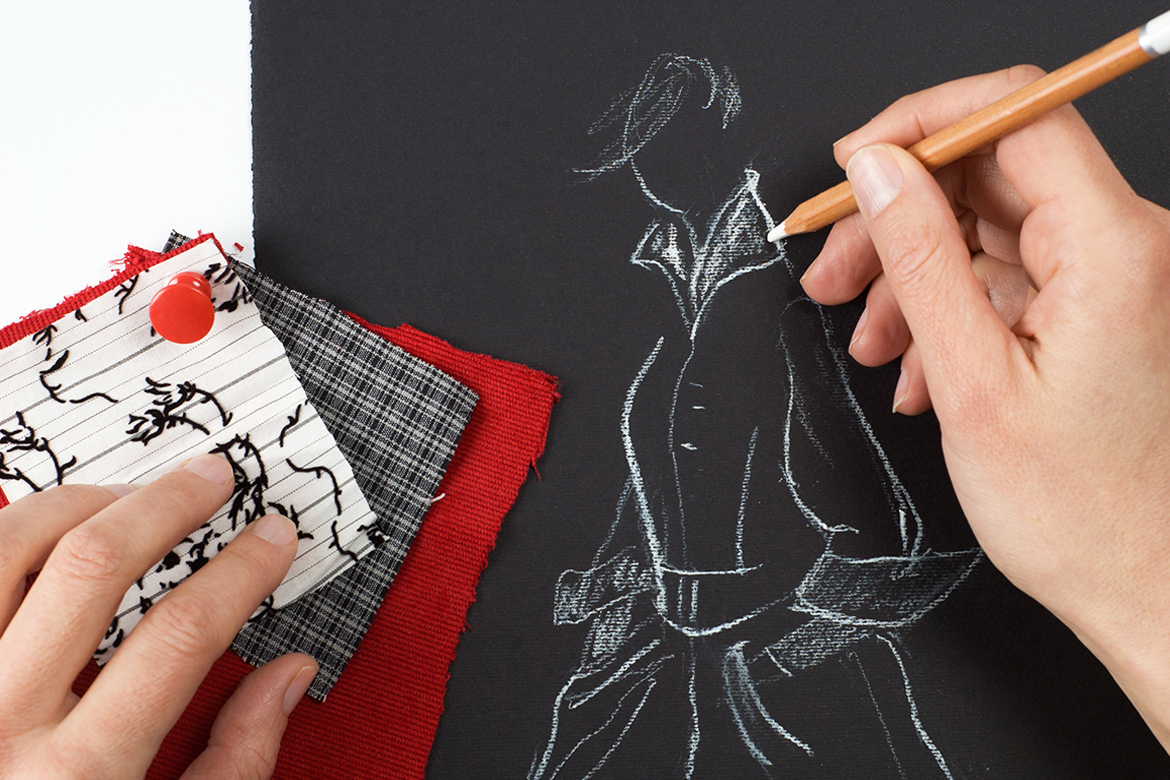If you’re “dressed up” in a dress, you’ll often hear: what’s the occasion? Are you going out? Why is that, I wondered…
Last week while on vacation, I was around more people, and women in particular, than I usually am. Did you know there are so many powerhouse, beautiful women in Miami? After a few days the thought occurred to me – that while there are many women out there who are very successful and look amazing, they often don’t dress very feminine. I definitely stood out in my colorful dresses; I can tell you that for sure. Why is that, I wondered.
While Boss babes and Like-A-Boss moms are celebrated, revealing is revered, and dressed to kill applauded, if you’re “dressed up” in a dress, you’ll often hear: what’s the occasion? Are you going out? Which can leave a woman feeling like she’s playing dress up or like she’s all dressed up with nowhere to go.
Are we being fed a subliminal message that to be a powerful woman you also have to somewhat dress like a man? I wonder…
Here’s why I love dresses and skirts, frills and silks, colors and bows and why I actually think they are empowering: because they are so obviously feminine and made for a woman. Not that they are the deciding factor in a woman’s femininity but they are a beautiful and obvious definer of a woman.
The Torah tells us that the woman was a separate from and subsequent creation to man. She also looks very different than a man. Therefore, in my opinion it is totally natural for her to be dressed very differently than a man. Also, beged isha is the Torah prohibition of men wearing women’s clothing and vice versa: “Male garb shall not be on a woman, and a man shall not wear a feminine garment”, Deuteronomy, 22:5.
Here’s why I love dresses and skirts, frills and silks, colors and bows and why I actually think they are empowering: because they are so obviously feminine and made for a woman.
The Sefer HaChinuch explains that this mitzvah is intended to maintain a separation between the sexes so as not to eventually fall into licentiouness. (Note that the exact definition of what constitutes “men’s and women’s clothing” depends on a society’s norms; for example, in Scotland it is normal for a man to wear a kilt, thus this does not go against the beged isha prohibition.)
So, what is my point with all this? First, allow me to clarify that this is not to judge women who do not wear dresses, since every person has a right to choose what they are going to wear based on many variables. I’m simply trying to shed light on the fact that modern culture has not only subdued the inherent naturalness of women dressing in dresses but in my opinion, it has also been sending women a subconscious message that dressing less feminine and more like a man is empowering.

Enjoy your gift and privilege of dressing femininely…
My first point is that if you’re a woman who has thought about “dressing up” more often in a dress but you feel too shy about it or are worried that you’ll stand out in a weird way – I say go for it and enjoy your gift and privilege of dressing femininely.
My second point is, if you’re already wearing skirts and dresses, remember that intention really counts and therefore when we do this with joy and gratitude for having been created a woman, for the beauty and wonder of femininity, and for having being commanded not to dress in men’s clothing, it takes the physical act of dressing to another, more spiritual level.
I love this morning blessing the most: “Blessed are you Hashem… for having made me according to His will.” I love being a woman, fulfilling my role as a woman, serving Hashem as a woman and dressing like a woman – thank you Hashem! I hope you do too!

